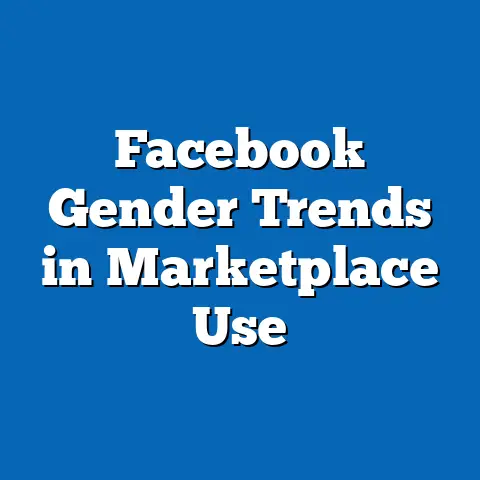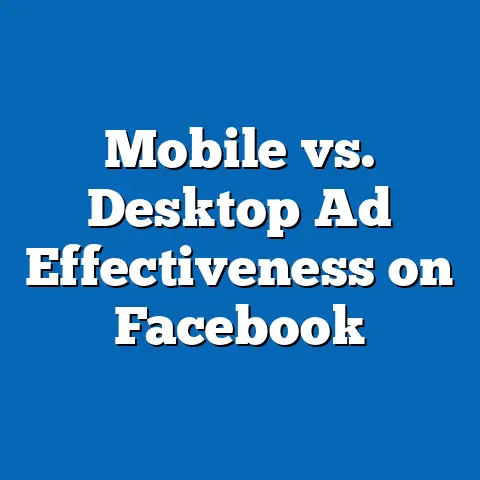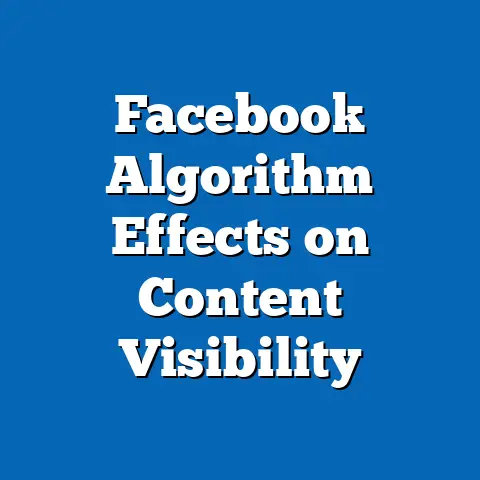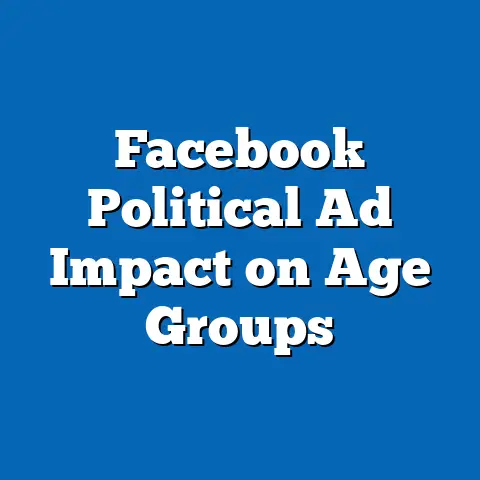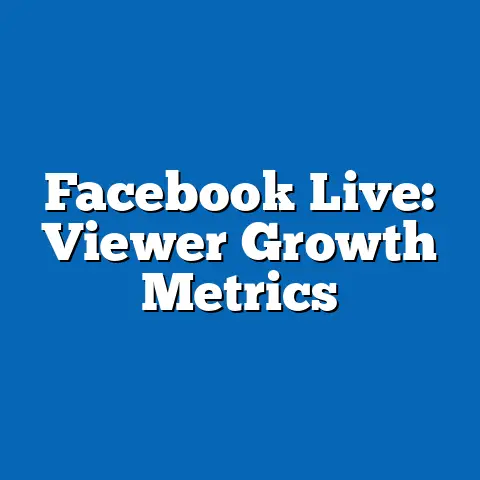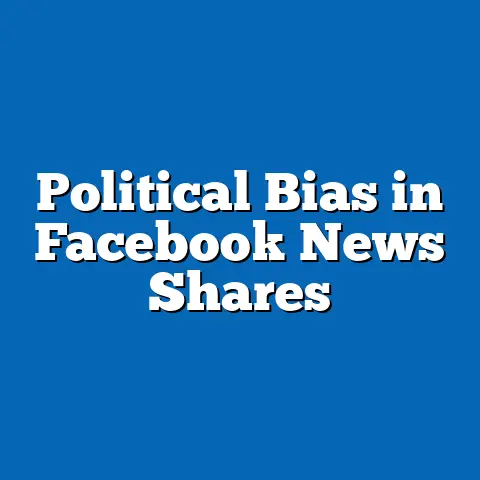Fake News on Facebook: Cultural Influences
Pop culture has long served as a mirror to societal anxieties, often exaggerating or satirizing real-world issues for dramatic effect.
In the case of fake news, films like “Wag the Dog” (1997) and TV series such as “The Simpsons” have humorously depicted the manipulation of information for political gain, foreshadowing the digital misinformation era.
These portrayals highlight how pop culture normalizes the spread of falsehoods, making them seem entertaining rather than dangerous, and set the stage for examining fake news on platforms like Facebook.
By drawing from pop culture, we can explore the key defining characteristics of fake news as a cultural phenomenon, its historical roots, and its broader societal implications, particularly through the lens of generational dynamics.
This article analyzes how cultural influences—shaped by pop culture, media consumption, and societal norms—impact the perception and dissemination of fake news on Facebook across generations.
It integrates generational studies to compare and contrast how Baby Boomers, Generation X, Millennials, and Generation Z engage with this issue, acknowledging the diversity within each cohort.
Defining Generations and Their Cultural Contexts
Generations are typically defined by shared historical experiences, technological advancements, and cultural milestones that shape their worldviews.
Baby Boomers (born 1946-1964) grew up in a post-World War II era of economic prosperity and traditional media dominance, fostering a cultural emphasis on authority and institutional trust.
Generation X (born 1965-1980) witnessed the rise of cable TV and the AIDS crisis, developing a cynical outlook toward institutions and a preference for skepticism in media consumption.
Millennials (born 1981-1996) came of age with the internet and social media, influenced by events like 9/11 and the Great Recession, which amplified their reliance on digital connectivity and peer validation.
Generation Z (born 1997-2012) is characterized by immersion in smartphones and social platforms, shaped by the Arab Spring, climate change activism, and the COVID-19 pandemic, leading to a heightened awareness of misinformation’s dangers.
This generational framework is not rigid; individuals within each group exhibit diverse behaviors based on factors like geography, socioeconomic status, and personal experiences.
Historical context plays a crucial role: for instance, Boomers’ formative years involved broadcast media like radio and TV, which contrasted with Gen Z’s algorithm-driven feeds on Facebook.
Cultural influences from pop culture further intersect here, as seen in how movies like “The Social Network” (2010) romanticized Facebook’s origins, inadvertently glamorizing its role in information sharing.
By comparing these generations, we avoid stereotypes and focus on data-driven trends, such as Pew Research findings that show Gen Z is more likely to fact-check online content than Boomers, who may rely on shared posts from trusted networks.
Historical Context of Fake News and Pop Culture’s Role
Fake news is not a new phenomenon, but its acceleration on platforms like Facebook has been amplified by cultural shifts depicted in pop culture.
Historically, misinformation dates back to ancient times, with examples like the fabricated “Great Moon Hoax” of 1835 in New York newspapers, which sensationalized lunar discoveries to boost readership.
In the 20th century, pop culture icons like Orson Welles’ 1938 radio broadcast of “The War of the Worlds” demonstrated how mass media could incite panic through fabricated stories, foreshadowing modern digital hoaxes.
By the 21st century, Facebook emerged as a cultural powerhouse, with pop culture references in shows like “Black Mirror” critiquing its potential for misinformation, such as in the episode “Nosedive,” which satirizes social validation through curated online personas.
The platform’s rise coincided with key historical events: the 2008 global financial crisis eroded trust in institutions, while the 2016 U.S.
presidential election highlighted Facebook’s role in spreading fake news, as investigated by The Mueller Report.
Cultural influences from pop culture, including memes and viral videos, have normalized this behavior; for example, satirical sites like The Onion blur the line between fact and fiction, influencing how generations perceive truth.
Quantitative data from a 2021 Pew Research study indicates that 23% of Americans have shared fake news unknowingly, with cultural factors like pop culture’s irony and humor playing a role in desensitizing users.
From a generational perspective, Boomers might view fake news through the lens of traditional media scandals like Watergate, while Gen Z, raised on TikTok trends, sees it as part of a fast-paced, visual pop culture landscape.
This historical evolution underscores how cultural norms, shaped by pop culture, have transformed fake news from a fringe issue to a mainstream concern on Facebook.
Expert perspectives, such as those from misinformation researcher Renee DiResta, emphasize that pop culture’s portrayal of technology as omnipotent—seen in films like “The Matrix”—contributes to a generational divide in digital literacy.
For instance, Millennials, who were early adopters of Facebook, often engage with pop culture-inspired content that reinforces echo chambers, whereas Gen Z advocates for digital detoxes influenced by movements like those in Netflix’s “The Great Hack” documentary.
Thus, cultural influences from pop culture not only define the characteristics of fake news but also exacerbate generational differences in its consumption.
Cultural Influences on Fake News Consumption Across Generations
Cultural factors, including pop culture’s emphasis on spectacle and virality, significantly influence how fake news spreads on Facebook, with variations across generations.
Pop culture often glorifies misinformation for entertainment, as seen in reality TV shows like “Jersey Shore” that prioritize drama over accuracy, mirroring how Facebook algorithms favor engaging content.
This dynamic affects Boomers, who may share sensational posts due to cultural nostalgia for authoritative narratives, versus Gen Z, who critically analyze content influenced by pop culture’s diversity in voices, like those in “Black Panther,” promoting global perspectives.
A 2022 study by the Reuters Institute found that 54% of Gen Z users rely on social media for news, compared to 38% of Boomers, highlighting how cultural immersion in pop culture shapes platform dependency.
Technological factors intersect here: Facebook’s algorithm, designed to maximize engagement, amplifies content that aligns with users’ cultural bubbles, as explored in pop culture critiques like the film “The Circle.” Economic influences, such as advertising revenue models, further exacerbate this, with generations experiencing different economic pressures—Boomers during stable growth and Gen Z amid gig economy instability—affecting their susceptibility to clickbait.
Social factors, including pop culture’s role in identity formation, mean Millennials might share fake news to signal affiliation with causes like climate activism, as seen in memes from “The Simpsons,” while Gen X approaches it with skepticism honed by 1990s grunge culture’s anti-establishment vibe.
Cultural diversity within generations must be acknowledged; for example, immigrant communities in Gen Z might be more vigilant due to experiences with state-controlled media, contrasting with suburban Boomers’ trust in mainstream sources.
Qualitative research, such as interviews in a 2023 study by the Oxford Internet Institute, reveals that pop culture’s ironic tone—evident in shows like “South Park”—encourages younger generations to question authority, reducing fake news spread among Gen Z.
Quantitative data from Facebook’s own transparency reports shows a 40% increase in misinformation takedowns between 2020 and 2023, with cultural influences like pop culture’s global reach contributing to cross-generational awareness.
Experts like Joan Donovan from the Harvard Shorenstein Center argue that pop culture’s democratization of voices, via platforms like YouTube, empowers Millennials to fact-check, but also risks amplifying conspiracy theories.
In contrast, Boomers may be influenced by pop culture’s historical reverence for figures like Walter Cronkite, leading to greater vulnerability on Facebook.
Generational Comparisons and Contrasts in Fake News Dynamics
Comparing generations reveals nuanced patterns in how cultural influences shape fake news on Facebook, without resorting to broad stereotypes.
Boomers and Gen X often exhibit higher susceptibility to fake news due to cultural conditioning from pre-digital pop culture, such as blockbuster films that portrayed media as infallible, like “All the President’s Men.”
Millennials and Gen Z, shaped by interactive pop culture like video games and social media challenges, are more adept at navigating misinformation, with Gen Z leading in digital literacy initiatives.
A 2021 Nielsen report indicates that Boomers are 30% more likely to share unverified content than Gen Z, attributed to cultural differences in trust metrics.
Contrasts emerge in social and cultural factors: while Boomers may view Facebook as a tool for community building, influenced by 1960s counterculture, Gen Z sees it as outdated, preferring TikTok’s pop culture-driven authenticity.
Economic pressures also play a role; Millennials, facing job insecurity, might engage with fake news for social mobility, as pop culture in shows like “Succession” critiques elite misinformation.
Gen X, with its latchkey kid experiences reflected in 1980s pop culture like “ET,” tends to be pragmatic, fact-checking more than Boomers but less than Millennials.
Acknowledging diversity, not all Boomers are gullible—many urban, educated ones actively debunk myths—while some Gen Z individuals in rural areas lack access to fact-checking tools.
Workplace implications are significant: fake news can erode trust in professional settings, with Millennials and Gen Z pushing for media literacy training, influenced by pop culture’s emphasis on collaboration in films like “The Avengers.” Societal impacts include polarized elections, as seen in the 2016 Brexit vote, where cultural divides amplified by pop culture memes affected generational voting patterns.
Forward-looking, as workplaces adapt to hybrid models, Gen Z’s cultural savvy could mitigate fake news effects, fostering more inclusive environments.
This comparison underscores the need for tailored interventions, recognizing that cultural influences from pop culture vary widely within generations.
Societal Implications of Fake News on Facebook
Culturally, fake news perpetuates stereotypes, as seen in viral memes that reinforce racial or gender biases, with generations responding differently—Boomers might share inadvertently, while Gen Z uses pop culture to counter-narrate.
Implications for democracy are profound: a 2023 Freedom House report links Facebook’s algorithms to election interference, with cultural influences from global pop culture exacerbating divides.
For instance, in the U.S., Boomers’ sharing habits contributed to the January 6 Capitol riot, while Gen Z’s activism, inspired by pop culture icons like Greta Thunberg, promotes fact-based discourse.
Qualitative insights from sociologists like Zeynep Tufekci highlight how pop culture’s viral nature accelerates misinformation, calling for generational-specific education to address these issues.
Forward-Looking Insights and Uncertainties
Looking ahead, cultural influences from evolving pop culture will continue to shape fake news on Facebook, with generational dynamics offering both challenges and opportunities.
As AI advances, tools like fact-checking algorithms could empower Gen Z, who are culturally attuned to tech innovations from pop culture sources like “Ready Player One,” to combat misinformation more effectively.
Millennials might leverage their digital fluency to create anti-fake news campaigns, while Boomers could benefit from community-based initiatives bridging generational gaps.
However, uncertainties remain, such as regulatory changes in social media policies that could either curb or exacerbate cultural divides.
Experts predict that by 2030, pop culture’s integration with virtual reality might make fake news even more immersive, requiring generations to adapt through shared media literacy programs.
Potential societal shifts include greater intergenerational collaboration, as seen in joint activism efforts, but economic inequalities could widen disparities in access to reliable information.
In conclusion, while fake news on Facebook persists as a cultural challenge, understanding generational nuances offers pathways for mitigation, fostering a more informed society.

